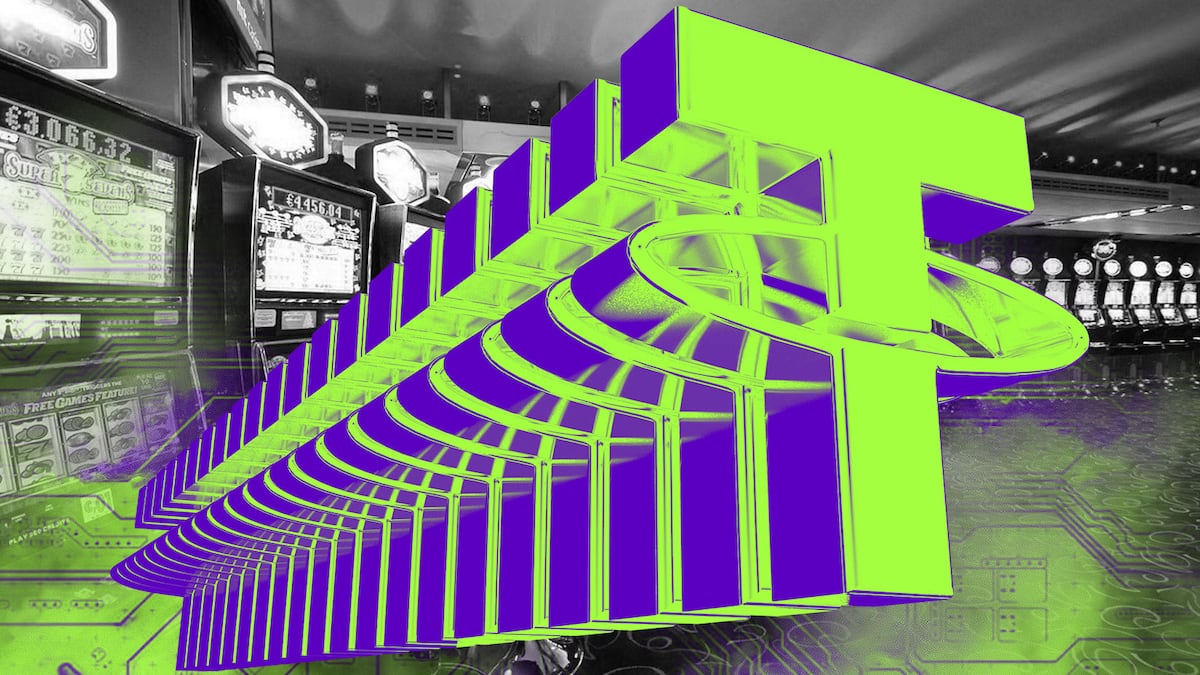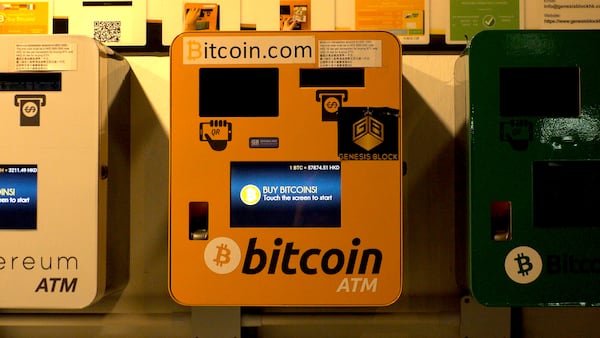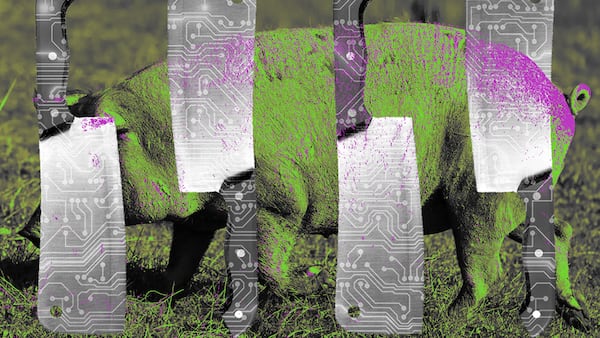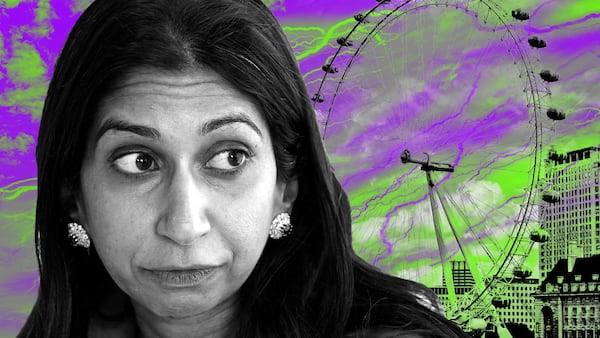- Inca Digital estimated that $32 billion in proceeds from pig butchering scams was laundered using USDT.
- UN report provides fresh ammo to industry critics.
- Tether is cooperating with law enforcement authorities on cases involving USDT.
In the last few months, Tether has enjoyed something rare in its 10-year history — good press.
Thanks to its cooperation with the US Department of Justice and other law enforcement authorities, Tether has drawn praise for helping freeze the accounts of suspected money launderers using its stablecoin, USDT.
This week, Tether, the issuer of the third most valuable cryptocurrency at $95 billion, plunged back into controversy.
Core role
On Monday the United Nations Office on Drugs and Crime said USDT plays a core role in laundering billions of dollars for organised crime syndicates in Southeast Asia.
“Tether needs to do something, right?” said Adam Zarazinski, the CEO of Inca Digital, a Washington-based blockchain intelligence firm, told DL News. “They have a responsibility.”
He’s referring to the explosive report, in which the UN said more than $17 billion in USDT was connected to underground crypto exchanges, illegal trades, and criminal activities during a one-year period ending last September.
‘We are disappointed in the UN’s assessment that singles out USDT, highlighting its involvement in illicit activity while ignoring its role in helping developing economies in emerging markets.’
— Tether statement
As a centralised stablecoin issuer, Tether has the capability to freeze suspicious assets the same way an exchange or a bank does. In the last few months, the company has frozen $300 million in connection with criminal cases.
But that may not be enough given the sheer scale of the problem. An estimated $32 billion in proceeds from crypto romance scams known as pig butchering was laundered using USDT over the last five years, according to Inca Digital.
And in August, Singapore police found the stablecoin was used in a $737 million money laundering case, the biggest in the city-state’s history.
On Monday, Tether wasted no time in rebutting the UN report.
“We are disappointed in the UN’s assessment that singles out USDT, highlighting its involvement in illicit activity while ignoring its role in helping developing economies in emerging markets,” the company said in a statement.
Unregulated crypto exchanges have become one of the ‘foundational pieces of the banking architecture of organised crime’ in Southeast Asia, the UN said.
Tether is feeling the heat as China battles the rollout of an underground financial system that uses five million participants in myriad schemes to launder as much as $157 billion in illicit funds, according to the UN’s 106-page report.
Unregulated crypto exchanges have become one of the “foundational pieces of the banking architecture of organised crime” in Southeast Asia, the UN Office on Drugs and Crime said.
‘Preferred choice’
USDT held on the Tron blockchain has become “a preferred choice” for fraudsters and money launderers in East and Southeast Asia, said the UN. Tron hosts the largest circulating supply of Tether at almost $12 billion, the report said.
Tether is not just popular with criminals. It’s stable, anonymous, cheap, and easy to use, making it a de-facto dollar throughout emerging economies. Businesses and households in volatile nations such as Lebanon and Nigeria often use USDT to protect their assets.
A Tron spokesperson said it is aligned with the UN stance, and that it disagrees that the Tron network has become a preferred choice for fraudsters and money launderers.
”Tron closely and actively interacts with leading on-chain forensic partners to exchange information for all transactions on Tron which plays a vital part in the industry collaboration to identify suspicious activities and prevent illicit and fraudulent transactions,” the spokesperson said in a Telegram message.
Fresh ammunition
The UN’s report may provide fresh ammunition to crypto critics such as US Senator Elizabeth Warren, as well as regulators and law enforcement officials.
Drawing on findings from Elliptic last year, the senator pointed to assets like Bitcoin and Tether as a common payment method used by Chinese manufacturers of fentanyl precursors.
“Crypto is helping fund the fentanyl trade, and we have the power to shut that down,” Warren said during a Senate Banking Committee hearing.
Even as Tether was addressing the UN report, Howard Lutnick, the long-time CEO of the financial services firm Cantor Fitzgerald, went out of his way at the World Economic Forum in Davos on Tuesday to laud Tether and assert it has ample reserves to back USDT.
Lutnick’s endorsement was a rebuttal to sceptics who have questioned whether Tether truly backs its dollar-pegged stablecoin with adequate reserves of cash and cash equivalents like government bonds.
Human trafficking
Tether welcomed Lutnick’s comments. Turning back to the UN matter it said the organsation had ignored how the traceability of USDT is valuable to law enforcement authorities. It also suggested that the UN doesn’t really get how blockchain technology works.
“It behooves the UN to work with the industry to understand and execute modern strategies to fight financial crime,” Tether said.
The UN report did note that a November investigation by the Justice Department in collaboration with the cryptocurrency exchange OKX and Tether led to the voluntary freezing of $225 million in USDT connected to a Southeast Asia-based human trafficking and pig butchering cyber fraud ring.
Tether did not respond to DL News’ request for additional comment.
Terrorist organisations
To be sure, Tether’s offering isn’t the only cryptocurrency favoured by criminals.
Bad actors also make use of Monero, Dogecoin, Zcash and Ether, said Ari Redbord, the head of policy and government affairs at TRM Labs, a blockchain intelligence firm.
Terrorist organisations and sanctioned states such as North Korea are also tapping the stablecoin, Redbord told DL News.
In 2022, there was a 240% increase in the use of USDT by terrorist financing groups compared to a 78% rise in their use of Bitcoin, according to TRM. The trend continued in 2023 right into 2024, Redbord said.
Of that increase, TRM Labs did not specify how illicit USDT activity was used on different blockchain networks.
Stablecoins in general have overtaken Bitcoin as a top choice for criminals, a Chainalysis report found.
Hiding their tracks
While the transparent nature of blockchain technology permits users to see and record transactions, it’s equally true that bad actors are coming up with cunning ways to avoid being traced.
In Asia, for instance, organised crime groups are increasingly covering their digital tracks by hiding dirty cash in multiple transactions.
Operation Chain Break
Some launderers take part in “money mule motorcades” to route illicit funds through various bank or crypto exchange accounts in return for a piece of the action. The players in the “front of the car,” who take the most risk, pocket commissions of up to 40%, the UN said.
One of the more explosive elements in the UN report was its level of detail on the often opaque operations of the Chinese government.
Since 2019, China has been pursuing a massive effort called Operation Chain Break to curb the outflow of $157 billion in criminal proceeds from illegal gambling, pig butchering, and other activities.
‘Are they doing enough, or not? That is part of the question here.’
— Adam Zarazinski, Inca Digital
As part of this push, Chinese officials are targeting crypto — indeed, its use in money laundering is a key reason Beijing has taken such a hard line on the industry by banning market speculation in digital assets and Bitcoin mining.
Yet experts such as Erin West, a California prosecutor who specialises in crypto fraud, say pig butchering and similar crimes are bound to accelerate this year.
Red flags
Even as Tether strives to burnish its public image by cooperating with law enforcement officials, it may come under more pressure to change its practices as this crime wave grows.
Traditional financial and regulated crypto institutions alike are expected to file suspicious activity reports, or SARs, when they see red flags. Binance, for example, is now obliged to install a system to identify and submit SARs under the terms of its $4.3 billion settlement with US prosecutors.
Tether now finds itself in a controversial spot, yet again.
“Are they doing enough, or not?” said Zarazinski, the CEO of Inca Digital, which does analytics and intelligence for other stablecoin issuers. “That is part of the question here.”
Liam Kelly is DL News’ Berlin correspondent. Contact him at liam@dlnews.com. Callan Quinn is DL News’ Hong Kong correspondent. Get in touch at callan@dlnews.com. Edward Robinson is DL News’ story editor. Get in touch at ed@dlnews.com.







